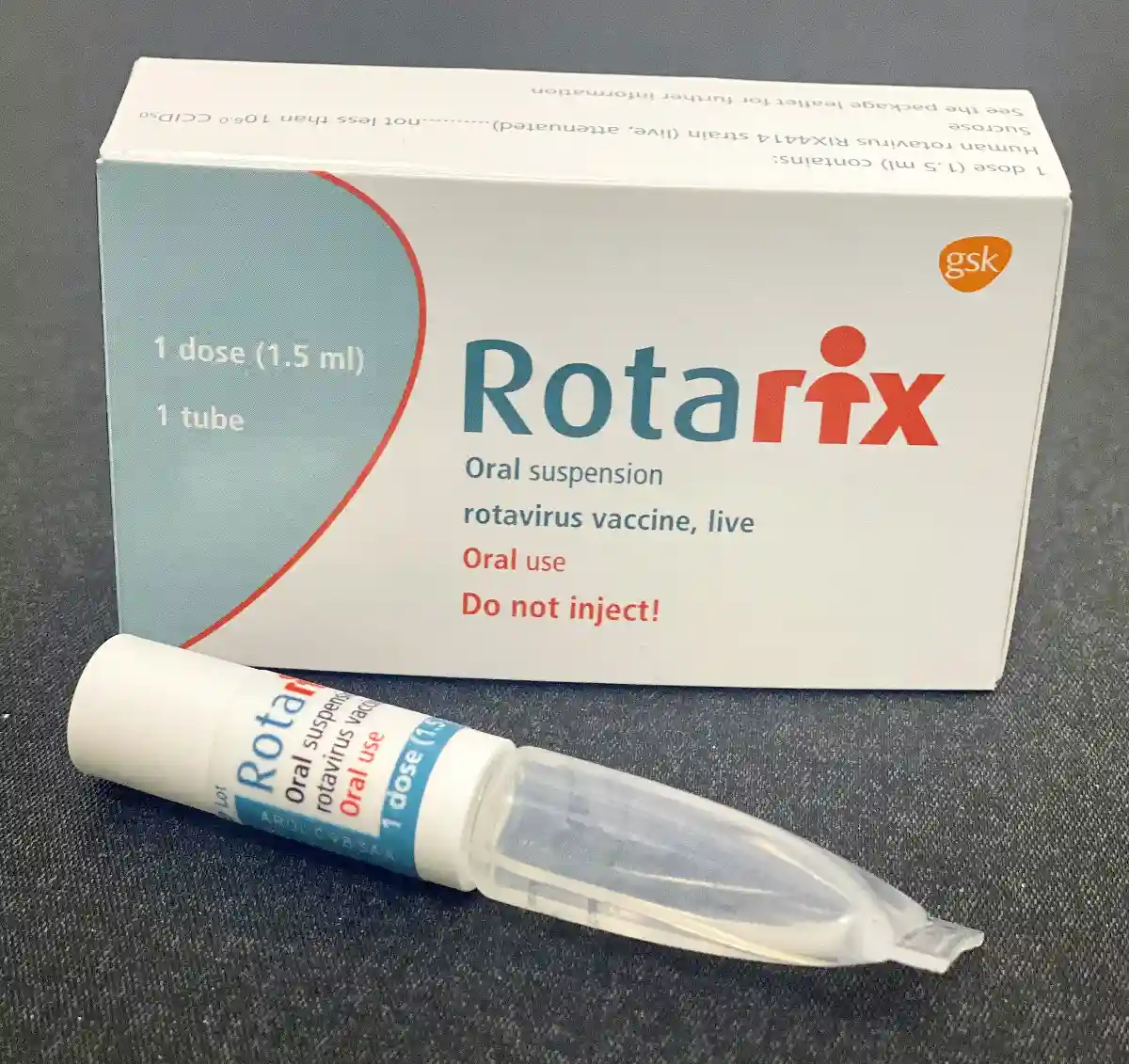Celiac.com 02/07/2025 - Celiac disease is a chronic autoimmune condition that requires lifelong management through strict dietary adjustments. For children, a gluten-free diet is especially critical to prevent growth and developmental delays caused by nutritional deficiencies. This study aimed to evaluate how early nutritional interventions, including tailored meal plans and supplements, could improve the health and management outcomes of children newly diagnosed with celiac disease.
Study Design and Methodology
Participant Selection
Celiac.com Sponsor (A12):
The study included children aged 8 to 16 years newly diagnosed with celiac disease. Diagnosis was confirmed using blood tests for specific antibodies and intestinal biopsies. Exclusion criteria ensured that only those new to gluten-free diets were included, avoiding interference from prior dietary interventions or other chronic gastrointestinal conditions.
Nutritional Intervention
Each participant received a customized, well-balanced gluten-free meal plan designed to meet their age-specific nutritional needs. Dietitians guided families on preparing gluten-free meals, reading product labels, and sourcing safe foods. Monthly follow-up calls and biannual in-person evaluations monitored progress. Supplements, such as iron, calcium, and vitamin D, were prescribed as needed based on laboratory results.
Data Collection and Analysis
The study spanned 24 months, with follow-ups every six months to assess growth, nutritional status, and dietary adherence. Data collected included height, weight, and blood tests for nutrients like iron, calcium, and vitamin D. Compliance with the gluten-free diet was also tracked through food recall assessments. Statistical analysis compared baseline and follow-up results to determine the effectiveness of the intervention.
Key Findings
Growth and Development
Significant improvements were observed in participants’ physical growth. Over the two-year period:
- Average height increased from 145.67 cm to 157.48 cm.
- Average weight rose from 36.29 kg to 46.24 kg. These changes reflect a positive trajectory in growth, aligning with age-appropriate standards for children.
Nutritional Status
Baseline laboratory tests revealed deficiencies in key nutrients, which improved significantly by the study’s end:
- Serum iron levels increased from 45.19 µg/dL to 76.89 µg/dL.
- Vitamin D levels rose from 20.14 ng/mL to 44.22 ng/mL.
- Calcium levels improved from 8.95 mg/dL to 11.27 mg/dL. These improvements highlight the role of both dietary adjustments and supplementation in addressing deficiencies common in children with celiac disease.
Dietary Adherence
Compliance with the gluten-free diet increased over time, rising from 84.37% at six months to 94.62% at the study’s conclusion. This improvement was attributed to ongoing dietary counseling and personalized support, emphasizing the importance of structured guidance for families managing the condition.
Strengths and Limitations of the Study
Strengths
The study’s longitudinal design allowed for detailed tracking of changes over time, providing robust data on the long-term effects of nutritional intervention. A sample size of 360 participants ensured reliable results, and the focus on both physical growth and nutritional markers provided a comprehensive evaluation.
Limitations
The research was conducted at a single center, which may limit the generalizability of its findings. Additionally, the absence of a control group made it difficult to compare the observed improvements directly with children who did not receive similar interventions. Future studies with matched control groups could provide additional context and validation.
Conclusion and Relevance
This study underscores the transformative impact of early nutritional intervention in managing celiac disease in children. Growth metrics, nutrient levels, and dietary adherence all showed significant improvements, demonstrating the effectiveness of personalized meal plans and supplementation. For families navigating a new celiac diagnosis, these findings highlight the importance of working closely with healthcare providers to establish a structured dietary plan.
By showcasing the benefits of early and consistent intervention, this research provides a strong foundation for developing enhanced dietary strategies that can optimize the health and well-being of children with celiac disease.
Read more at: cureus.com








Recommended Comments
There are no comments to display.
Create an account or sign in to comment
You need to be a member in order to leave a comment
Create an account
Sign up for a new account in our community. It's easy!
Register a new accountSign in
Already have an account? Sign in here.
Sign In Now